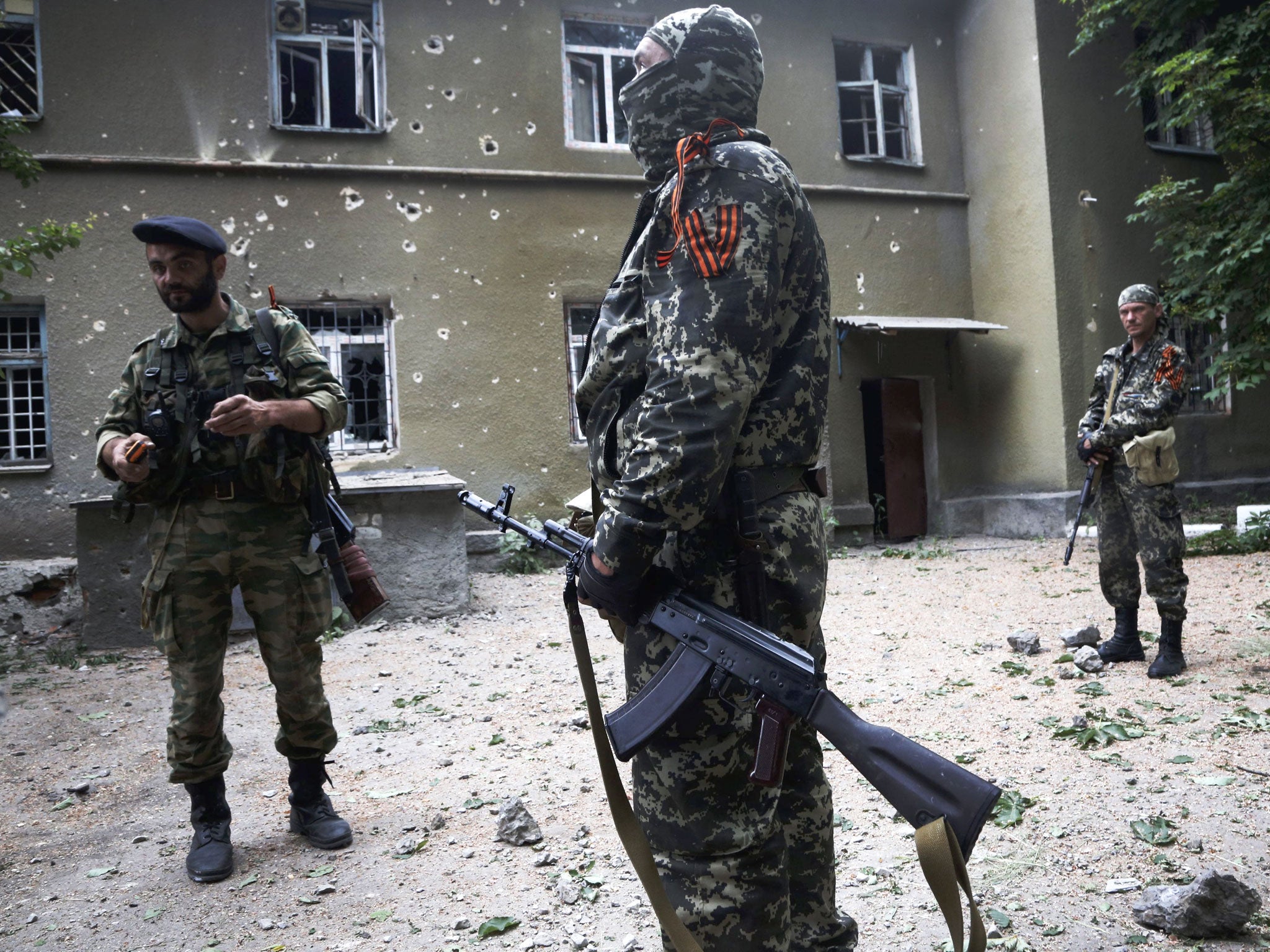Your support helps us to tell the story
From reproductive rights to climate change to Big Tech, The Independent is on the ground when the story is developing. Whether it's investigating the financials of Elon Musk's pro-Trump PAC or producing our latest documentary, 'The A Word', which shines a light on the American women fighting for reproductive rights, we know how important it is to parse out the facts from the messaging.
At such a critical moment in US history, we need reporters on the ground. Your donation allows us to keep sending journalists to speak to both sides of the story.
The Independent is trusted by Americans across the entire political spectrum. And unlike many other quality news outlets, we choose not to lock Americans out of our reporting and analysis with paywalls. We believe quality journalism should be available to everyone, paid for by those who can afford it.
Your support makes all the difference.It is clear that, in Britain, traditional “tribal” loyalties and party affiliations have diminished.
It is a trend that has been occurring for a number of years, perhaps unsurprising in an era where technological advance allows us all to have our information, political or otherwise, in a more bespoke fashion.
These changes are occurring within a political and international environment that, for many voters, seems dangerous and alarming. A friend recently put it well when he told me over a beer that “I watch my young daughter sleeping at night and wonder what the future will hold for her. I feel guilty that I have been in the lucky generation and fear that she will not.” It is the speed, as well as the scope, of change that can be bewildering.
Many of the certainties that we have taken for granted since the end of the Second World War have dissolved away. The economic dominance of the West has been fundamentally challenged in the era of globalisation. Western governments who currently live way beyond their means will have to change their behaviour and manage down the expectations of their electorates who have come to believe that a bountiful state is a right, rather than something that must be earned. Our social structures have also changed with families commonly having four generations alive at the same time, altering family dynamics and financial assumptions. Mass migration has resulted in huge shifts in culture and identity, which many find destabilising or bewildering.
Beyond our own shores, conflicts with Russia and with Isis give the impression to many that the world is on fire. Add to that the fear of the spread of Islamist fundamentalism and the potential for terror on our own streets, and it is easy to understand why people are unsettled. Is there any room for optimism and hope?

From my own experience as a doctor it feels a great deal like dealing with the patient who has just been given an unwelcome diagnosis. A mixture of confusion, fear and anger requires careful and gentle handling. Patients can deal well with adverse situations if they are given the appropriate support and have faith that the clinician has the skills required to see them through their problems. Politically, it is much the same. In today’s uncertain climate, I believe that voters are longing for reassurance, certainty and hope.
Politicians who can provide these elements are likely to be rewarded by an electorate who are increasingly sceptical about how we conduct public affairs. Patients may have their ideas about what is wrong with them, but they are usually willing to accept the diagnosis and treatment set out by the doctor – but only if they believe that they have been properly listened to.
Patients are also pretty tough and able to accept unpleasant treatments if the need for them is properly explained. I believe this is also true for voters if politicians are straight with them. For a doctor simply to give a patient whatever prescription they asked for would be wholly unethical.
Likewise, simply to follow opinion polls, ignoring judgements about the needs of the nation, would be an abdication of responsibility. So where does hope fit in? Both patients and voters are able to deal with short-term difficulties and tough solutions if they believe that the sacrifices will be worthwhile and a better future lies ahead.
Voters don’t want to hear why we can’t do the things we want. They want to hear us describe how our country can be better for them and their children and how we will achieve it. For far too long, a bleak political approach has dominated the landscape, with an increasing use of negative campaigning. Of course, professionals tell us that it works. They may be right in the short term, but only at a long-term cost.
The fragmentation of our political system, with disillusioned voters looking to the margins for satisfaction, is there for all to see. We need to see brighter horizons and to believe, in Ronald Reagan’s words, that our best days still lie ahead. Perhaps I am alone in wishing for the politics of hope, but somehow I doubt if I am.
Liam Fox MP is the former Secretary of State for Defence
Join our commenting forum
Join thought-provoking conversations, follow other Independent readers and see their replies
Comments